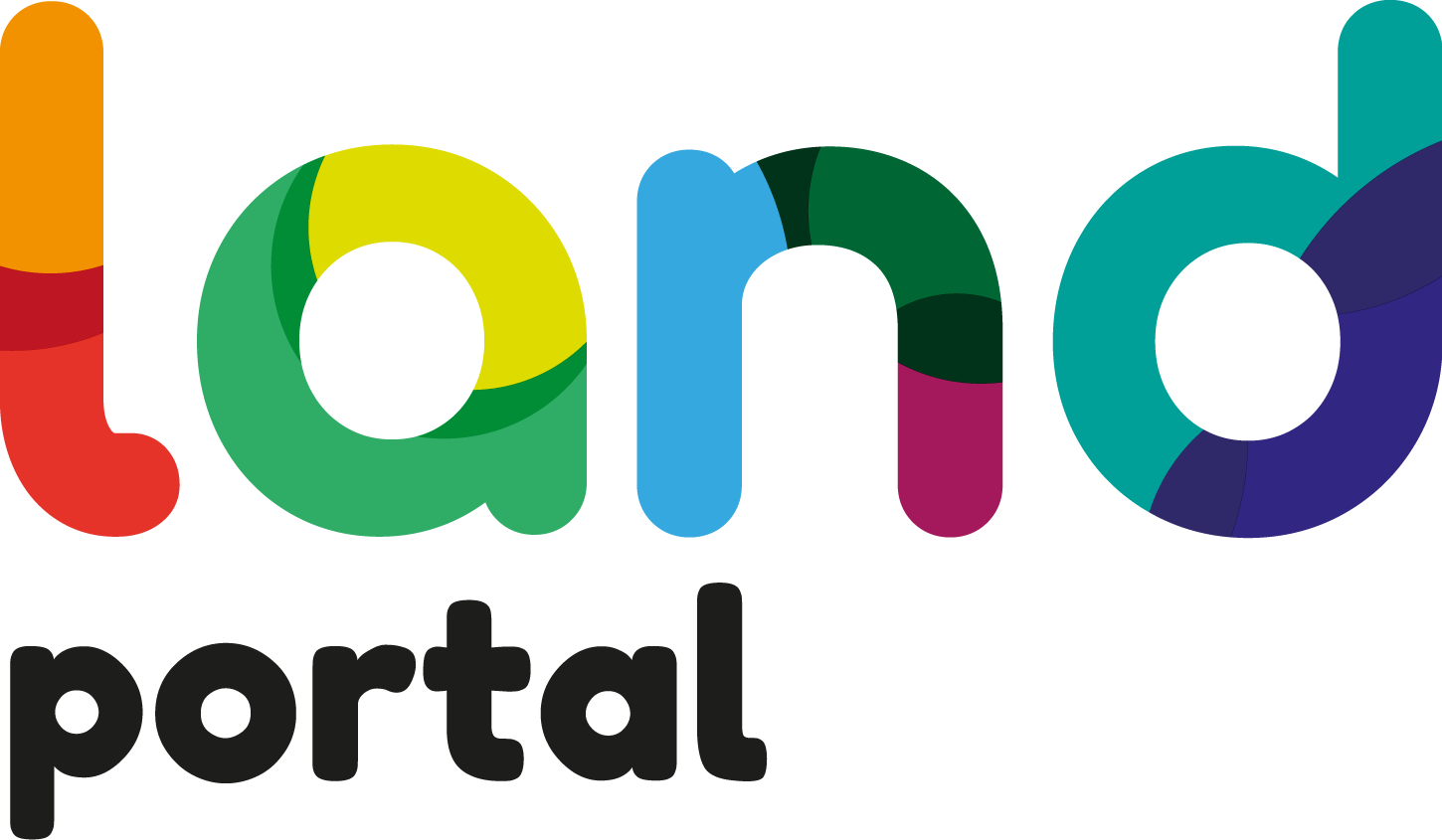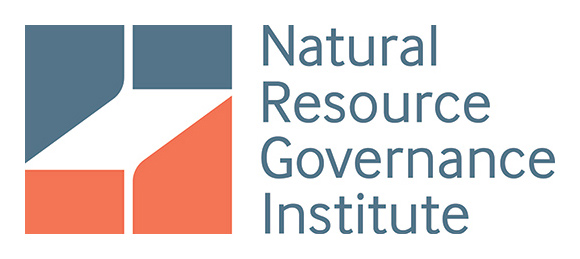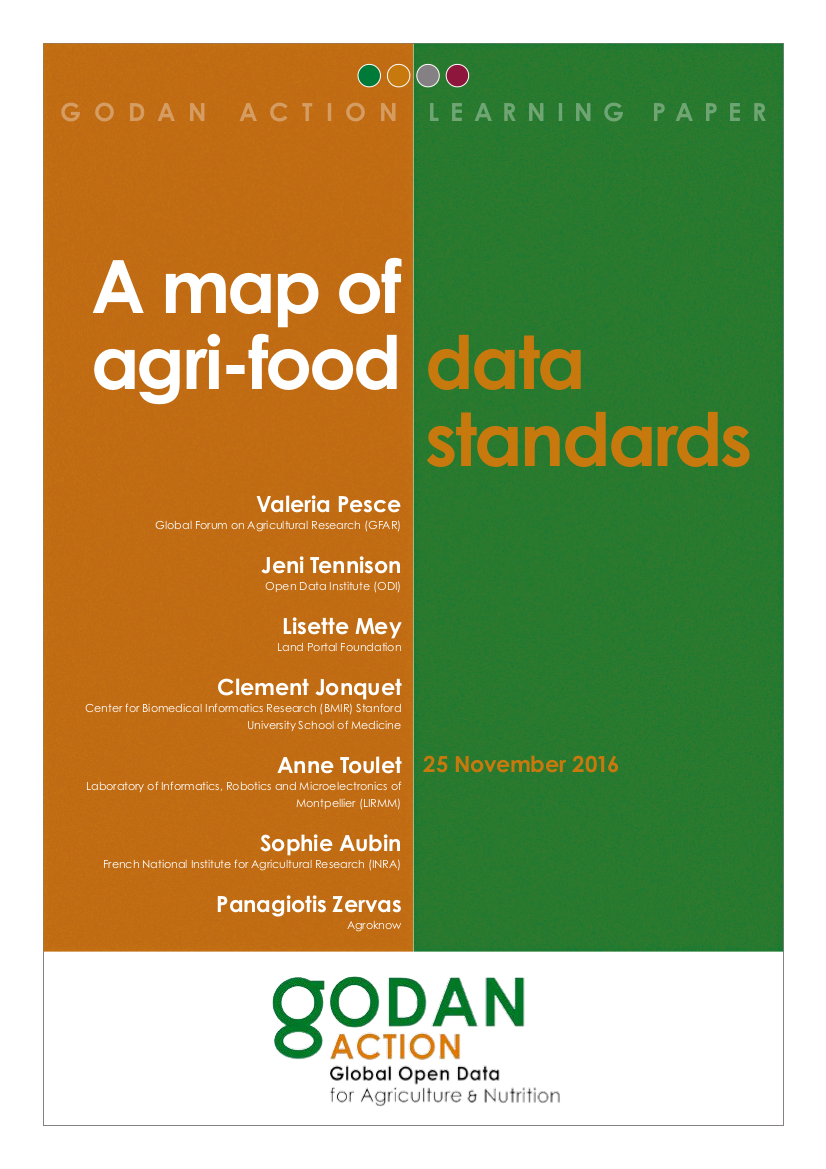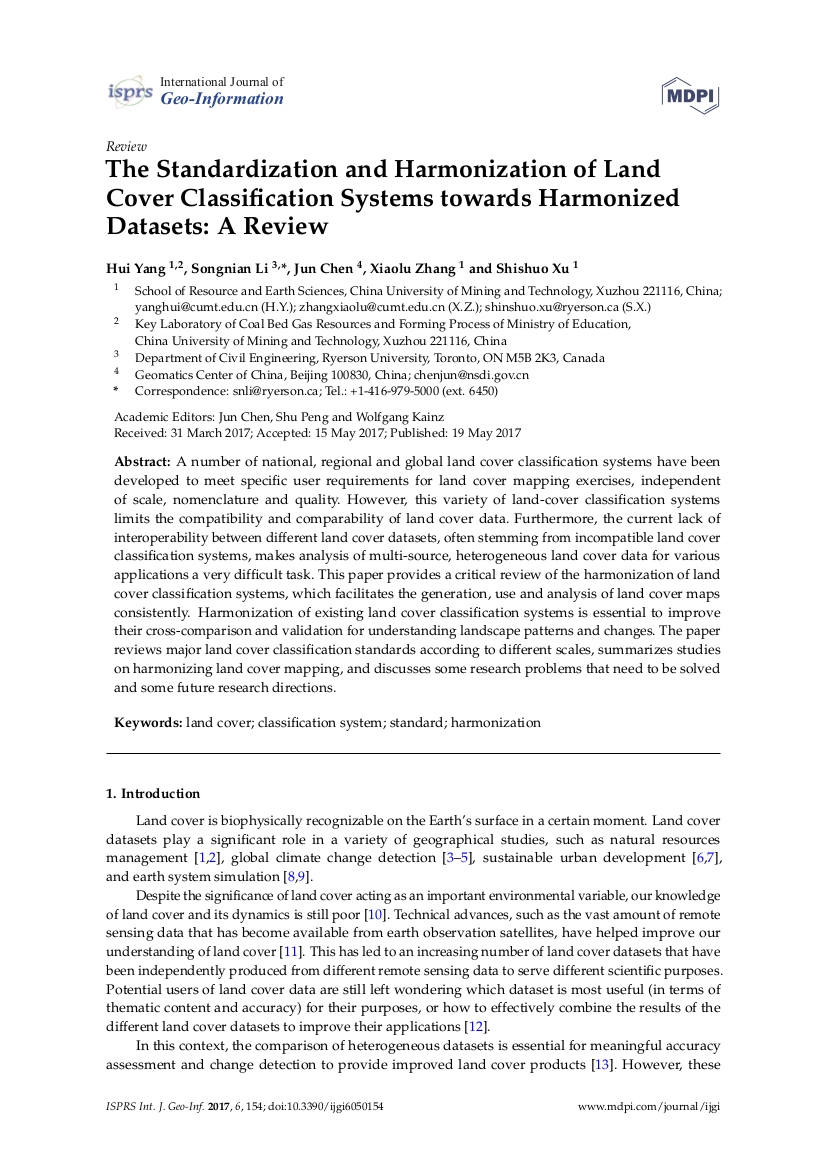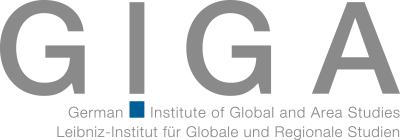
Topics and Regions
Carlos joined the Land Portal as Data Officer in January 2016. He is a Linked Open Data specialist with wide knowledge and expertise in semantic web technologies, computer science, software design and development, human computer interaction, productivity and networking. He has previously worked for Previously the Fundación CTIC as a researcher of the Semantic Technologies Unit, and has taken part in several national and European R&D projects and initiatives. He holds a Masters of Science in Engineering and Computing Science from the University of Oviedo.
Details
Affiliation:
Location
Contributions
Displaying 321 - 330 of 349Indice de Gouvernance des Ressources Naturelles 2017
Le rapport présente les principaux résultats et messages clés de l’Indice de Gouvernance des Ressources Naturelles 2017. L’indice mesure la qualité de la gouvernance des ressources naturelles dans 81 pays, qui représentent 82% de la production mondiale de pétrole, 78% de la production mondiale de gaz et une part importante de la production de minéraux, dont 72% de la production mondiale de cuivre.
Índice de la Gobernanza de los Recursos Naturales 2017
El Índice de la Gobernanza de los Recursos Naturales evalúa las políticas y las prácticas empleadas por las autoridades para gobernar sus industrias petrolera, gasífera y minera. El índice proporciona una calificación agregada para cada evaluación. En la mayoría de países, el índice evalúa ya sea el sector petróleo y gas, o el sector minero. En el caso de ocho países, el índice evalúa a ambos sectores. Lee mas en http://www.resourcegovernanceindex.org.
2017 Resource Governance Index
This report presents the key findings and core messages of the 2017 Resource Governance Index. The index measures the quality of resource governance in 81 countries that together produce 82 percent of the world’s oil, 78 percent of its gas and a significant proportion of minerals, including 72 percent of all copper. It is the product of 89 country assessments (eight countries were assessed in two sectors), compiled by 150 researchers, using almost 10,000 supporting documents to answer 149 questions.
Natural Resource Governance Institute
The Natural Resource Governance Institute (NRGI) is an independent nonprofit organisation dedicated to improving countries' governance over their natural resources (in particular oil, gas and minerals) to promote sustainable and inclusive development.
The Natural Resource Governance Institute was established through the merger of the Revenue Watch Institute and the Natural Resource Charter in 2013.
Online Burma/Myanmar Library
The Online Burma/Myanmar Library (OBL) is a non-profit online research library mainly in English and Burmese serving academics, activists, diplomats, NGOs, CSOs, CBOs and other Burmese and international actors. It is also, of course, open to the general public.
A Map of Agri-food Data Standards
The GODAN Action online map of agri-food data standards is a deliverable of the GODAN Action project.
The Standardization and Harmonization of Land Cover Classification Systems towards Harmonized Datasets: A Review
A number of national, regional and global land cover classification systems have been developed to meet specific user requirements for land cover mapping exercises, independent of scale, nomenclature and quality. However, this variety of land-cover classification systems limits the compatibility and comparability of land cover data.
ISPRS International Journal of Geo-Information
ISPRS International Journal of Geo-Information (ISSN 2220-9964) is an international, open access journal on geo-information.
It is a journal of the ISPRS (International Society for Photogrammetry and Remote Sensing) and is published monthly online by MDPI.
GIGA Institute of African Affairs
The GIGA Institute of African Affairs (IAA) has been researching political and economic developments on the continent since 1963, primarily focusing on the areas south of the Sahara. The thematic core of the institute’s research consists of institutional structures (such as political parties, electoral systems and constitutional courts), conflicts over resources and religious domination, foreign investment and its consequences, and African leading powers. By working with local partners, IAA researchers gain comprehensive knowledge of developments in the region.
Socioeconomic Data and Applications Center
SEDAC, the Socioeconomic Data and Applications Center, is one of the Distributed Active Archive Centers (DAACs) in the Earth Observing System Data and Information System (EOSDIS) of the U.S. National Aeronautics and Space Administration.
Focusing on human interactions in the environment, SEDAC has as its mission to develop and operate applications that support the integration of socioeconomic and earth science data and to serve as an "Information Gateway" between earth sciences and social sciences.

